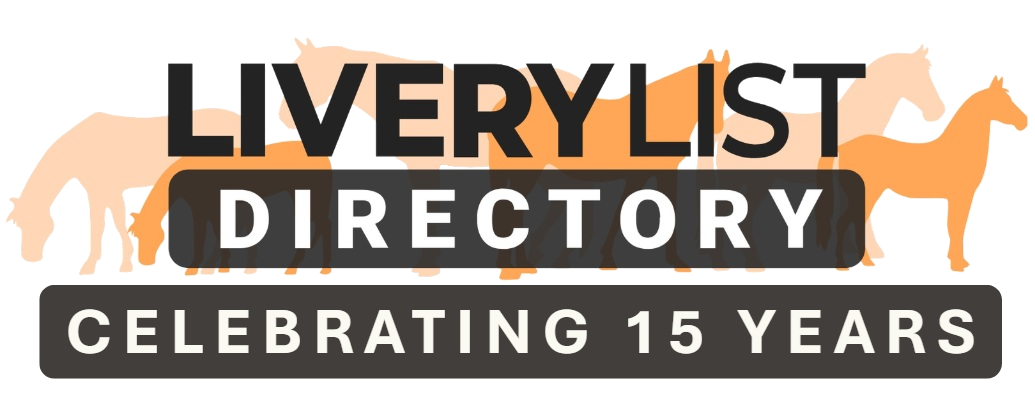The integrity of equestrian sport depends on a shared commitment to fairness, welfare, and responsible management. For anyone responsible for the care and management of competition horses—whether owners, riders, grooms, or yard managers—understanding and preventing doping is a critical part of that responsibility.
Even accidental contamination can lead to serious consequences, including disqualification, fines, reputational damage, and—most importantly—risk to horse welfare. That’s why staying informed, vigilant, and proactive is essential.
Why Clean Sport Matters
Clean sport is about more than just avoiding sanctions. It protects:
-
The welfare of horses, by preventing exposure to harmful or unnecessary substances.
-
Fair competition, ensuring that no horse or rider has an unfair advantage.
-
Public trust in equestrian sports, preserving its reputation and long-term viability.
British Equestrian’s Clean Sport Campaign
The Clean Sport campaign, led by British Equestrian and aligned with the FEI and national governing bodies, provides education, resources, and guidance to help all involved in equestrian sport understand anti-doping rules. It highlights the importance of:
-
Knowing which substances are prohibited.
-
Understanding withdrawal times for medications.
-
Keeping accurate records of all treatments and supplements.
-
Using only trusted, tested products and veterinary advice.
Clean Sport also stresses shared responsibility—owners, riders, and support teams all play a role in keeping horses safe and competitions fair.
The BETA NOPS Scheme
Contamination of feed and supplements is a common source of unintentional doping violations. To help reduce this risk, the British Equestrian Trade Association (BETA) created the NOPS (Naturally Occurring Prohibited Substances) Code of Practice.
The NOPS scheme certifies manufacturers who take steps to minimise the presence of substances such as morphine, caffeine, theobromine, and other natural compounds that are banned in competition. Certified brands must meet rigorous standards in sourcing, production, storage, and testing.
Using feeds and supplements from BETA NOPS-accredited companies gives greater confidence that products are safer and meet competition requirements.
Best Practices for Clean Competition
If you manage or care for performance horses, consider the following steps essential:
-
Only use products clearly labelled and sourced from reputable, NOPS-accredited suppliers.
-
Keep feeds and supplements stored securely, away from risk of contamination.
-
Follow strict hygiene procedures when administering medications or preparing feed.
-
Maintain up-to-date records of everything given to your horse, including batch numbers.
-
Review anti-doping rules regularly and ensure all staff understand them.
-
When in doubt, consult your vet or governing body before administering any new substance.
A Shared Responsibility
Avoiding doping in equestrian sport is not just about avoiding punishment—it’s about protecting the horse, upholding the spirit of competition, and maintaining trust in our sport. By following Clean Sport guidance and supporting schemes like BETA NOPS, you play a vital role in keeping equestrian sport honest, transparent, and safe for all participants.
For more information, visit:
